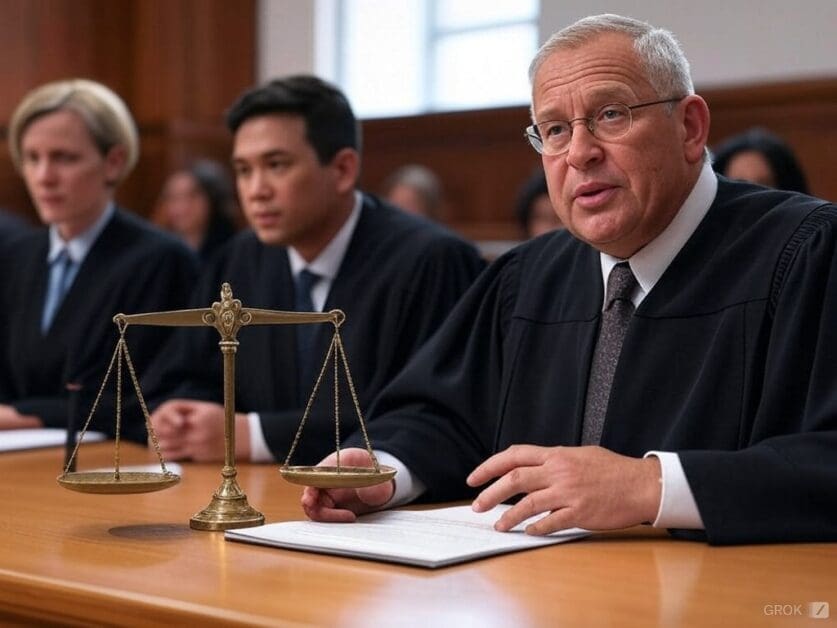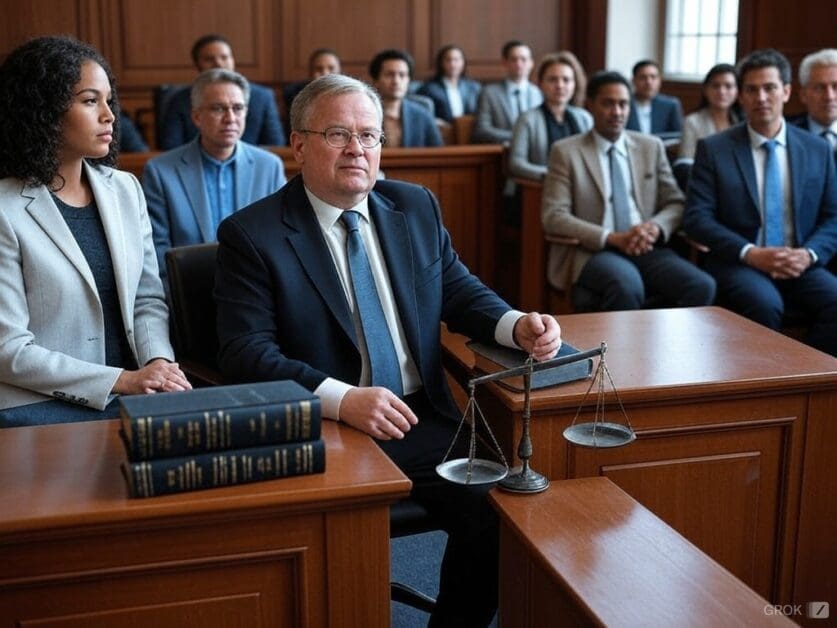How Much Deference Do Courts Give to Agency Decisions Under This Standard?
The question of how much deference courts give to agency decisions has been a central issue in administrative law for decades. Recent developments, particularly the Supreme Court’s landmark decision in Loper Bright Enterprises v. Raimondo, have significantly altered the landscape of judicial review of agency actions. This shift away from the longstanding Chevron deference doctrine […]
How Much Deference Do Courts Give to Agency Decisions Under This Standard? Read More »









